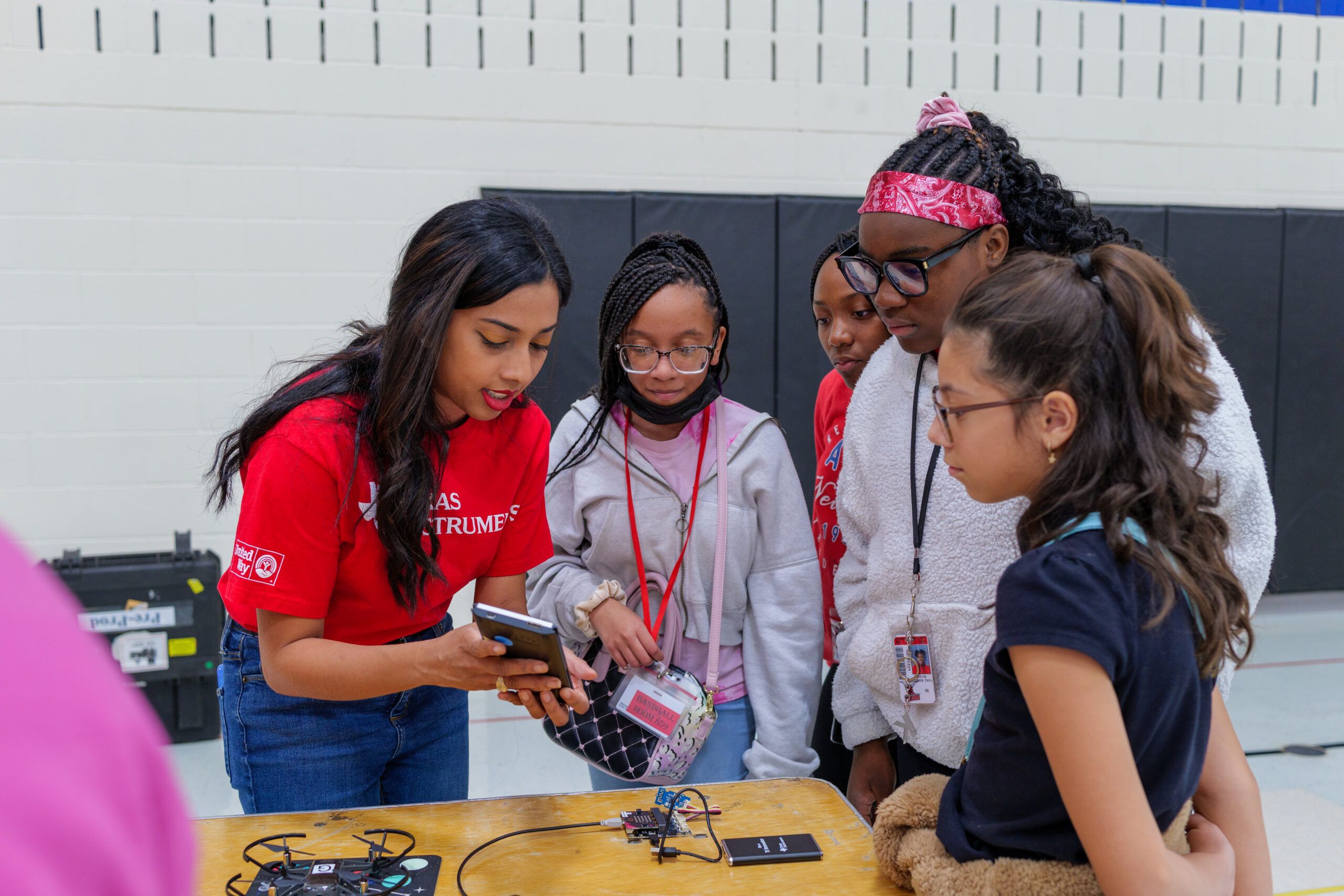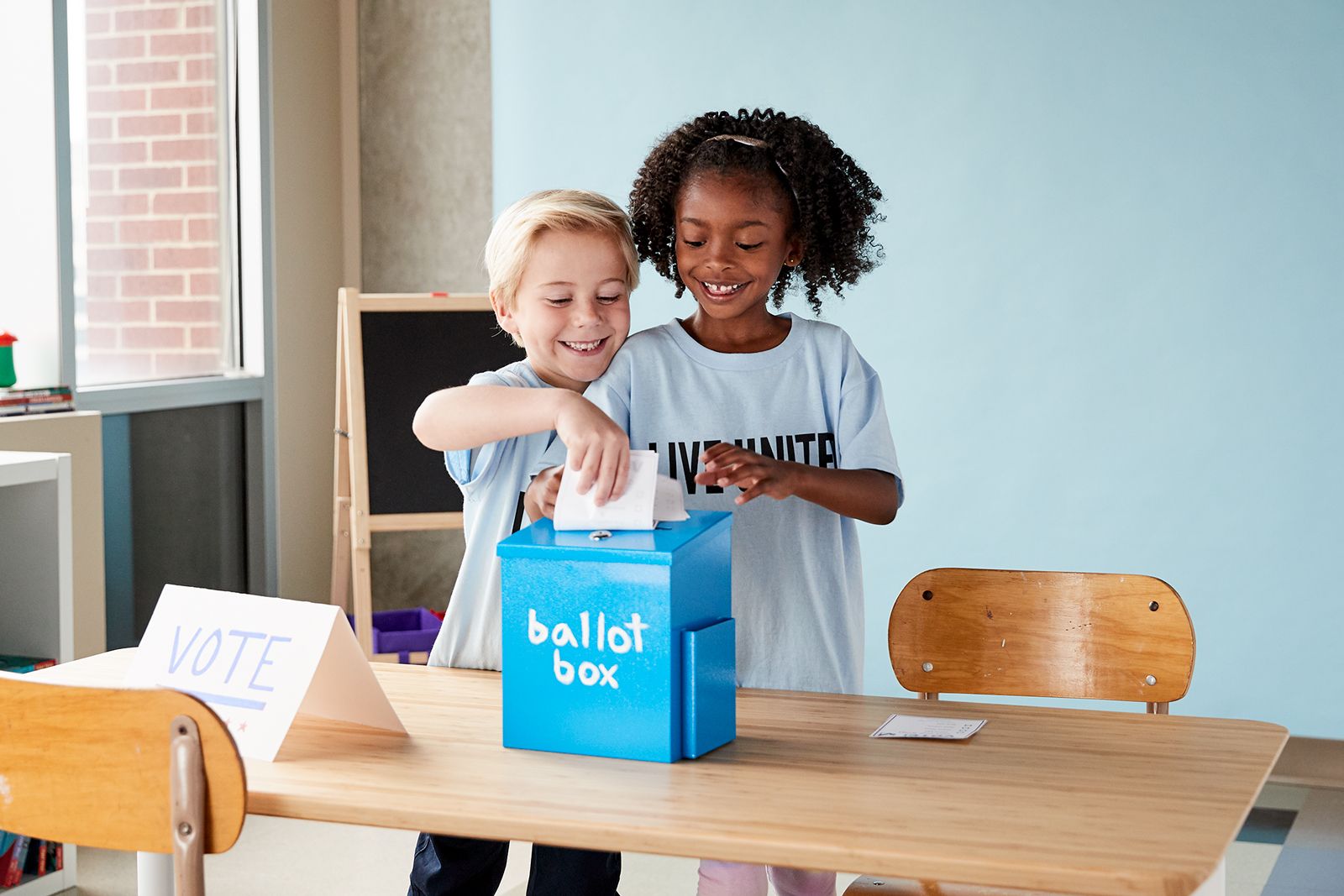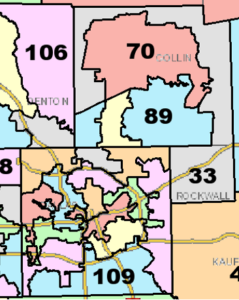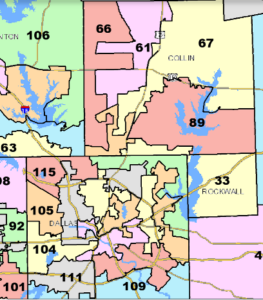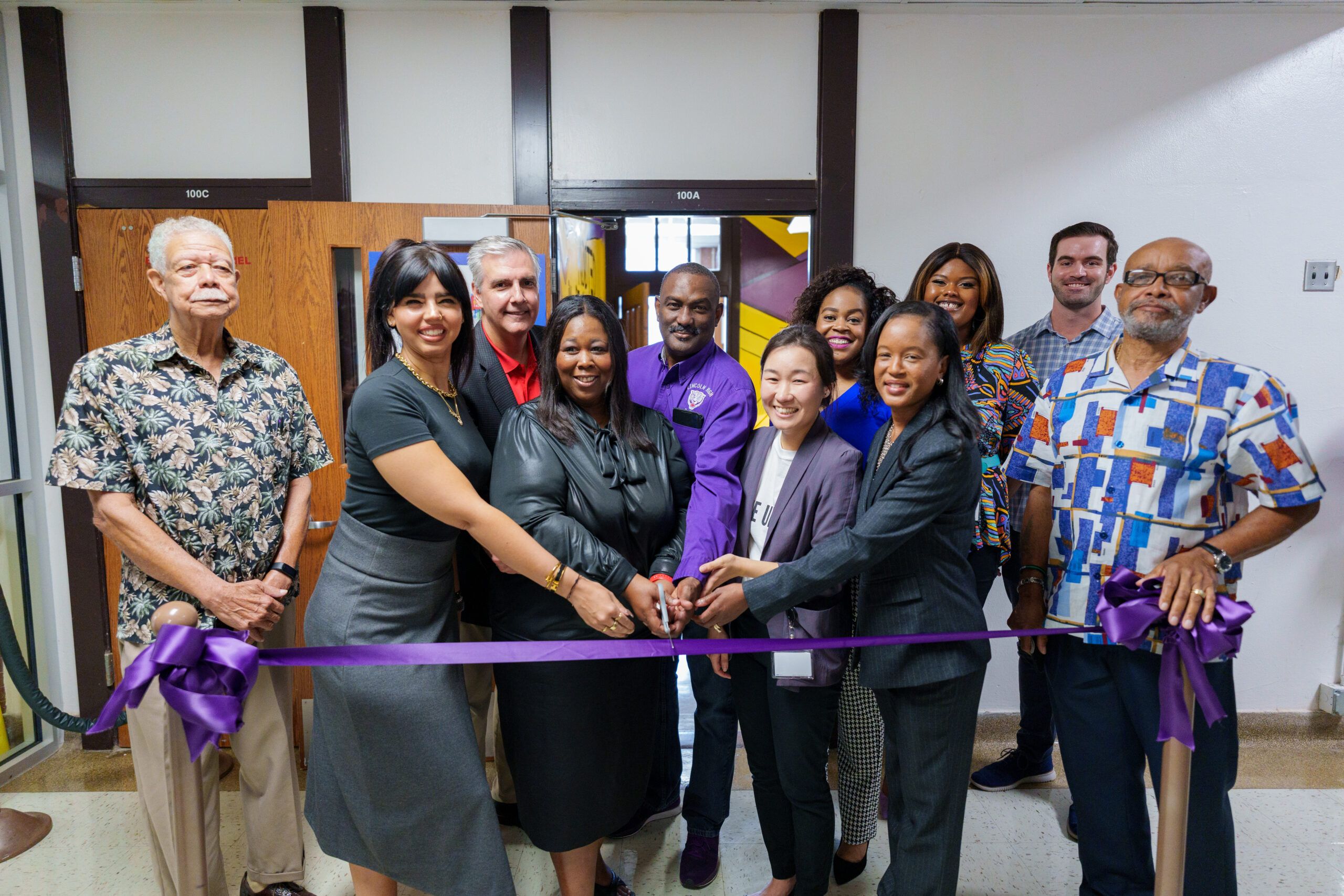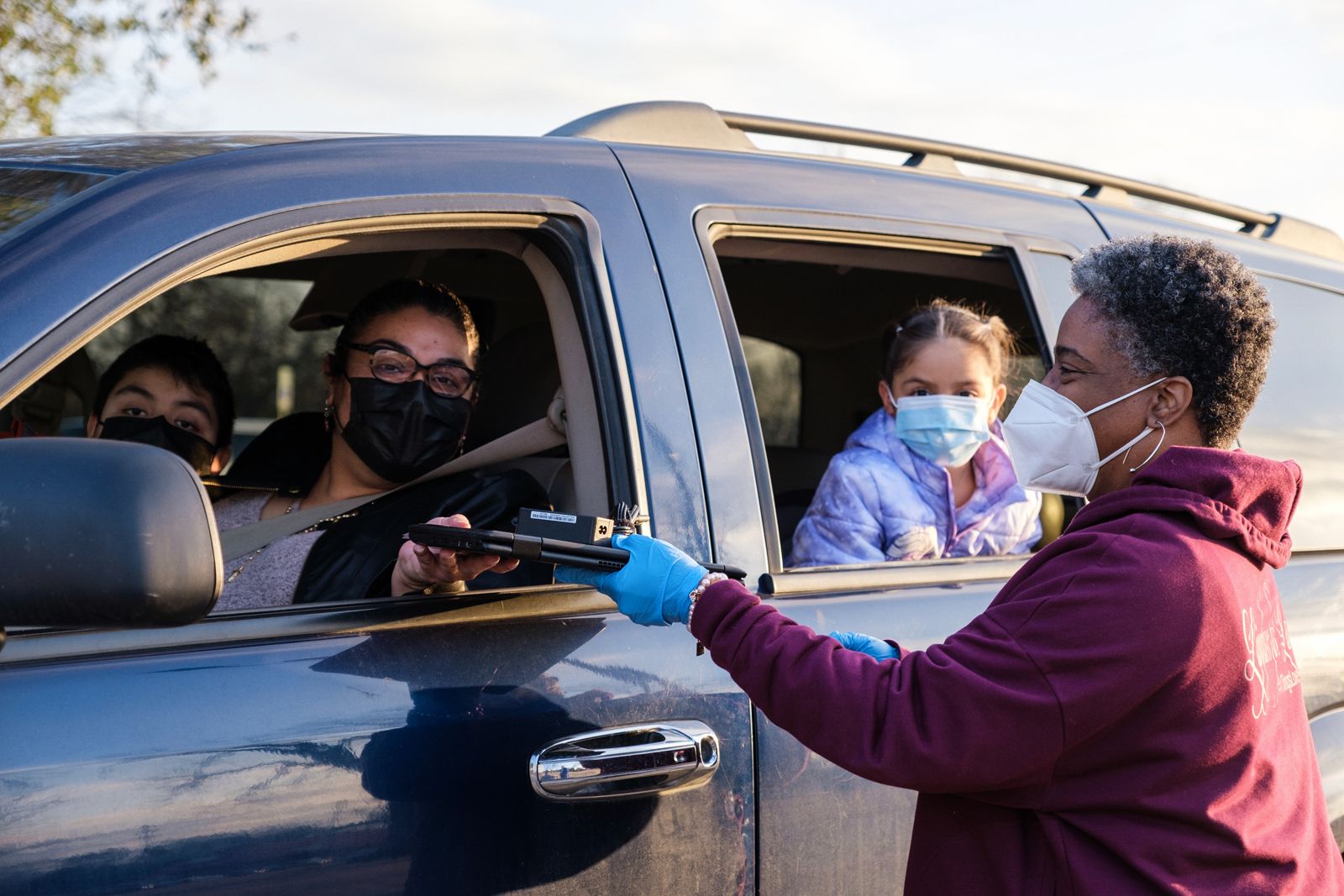By Supporting STEM Education, We Can All Help Build the Workforce of the Future
STEM—which stands for science, technology, engineering and math—has become an important focus of many school districts across North Texas. STEM programming is one of the ways that educators are preparing our students for success in college and the workforce.
Since our future workforce is so dependent on STEM exposure, United Way of Metropolitan Dallas focuses several of our education and financial security initiatives on STEM. Read on to learn about the importance of the STEM approach, its impact on students, our initiatives and how you can support STEM education in North Texas.
The Importance of STEM Programming
Research shows that the STEM approach enables students to develop creativity and “divergent thinking,” or the process of creating multiple, unique ideas or solutions to a problem. Put simply, it lets kids learn by exploring and experiencing.
When students develop curiosity, problem-solving skills and a flexible mindset, those traits benefit their other classroom activities and even bleed into their life outside of school. Children with a STEM background are better equipped to respond to real-world challenges, positioning them for success in college or a career.
Meanwhile, because the STEM approach exposes students to science, tech, engineering and math, it helps to build a pipeline of future employees in these advanced fields. This benefits our region’s workforce, which is increasingly dominated by computer and mathematical, architecture and engineering, and life and physical science occupations.
With such an incredible impact on young children, STEM education is an important component of our efforts to improve access to education and financial security in North Texas. As part of our Aspire United 2030 community goals, we’re working to ensure more local students graduate high school ready for college or career. As we make progress toward this education goal, we in turn impact our other focus areas of income and health, ensuring more young adults can secure living-wage jobs, which enables more families can access the health resources necessary to live longer, healthier lives.
Our STEM Initiatives in North Texas
At United Way of Metropolitan Dallas, we lead and support a variety of programs that encourage students to experience and appreciate STEM, as well as initiatives that provide career pathways into STEM-related fields for hard-working adults. These include:
- Heal Play Learn, a social-emotional, hands-on learning program supported by the Texas Instruments Foundation and developed in collaboration with Educate Texas. Through activities such as science experiments and engineering challenges, each summer the program advances STEM education in Southern Dallas and gets more kids excited about science, tech, engineering and math.
- STEMFest, our annual event that immerses students in interactive STEM activities to engage their minds and inspire their imaginations. At our most recent STEMFest, kids wrote code to control a drone, designed and built a balloon-powered car, built weight-bearing bridges and compared machine learning with human learning.
- Pathways to Work, which provides comprehensive training and employment for displaced and under-employed workers in key industries, including health care, IT, construction, logistics, advanced manufacturing, business and finance.
- College and career readiness programs, which expose high school students to real-life job opportunities in STEM fields, enabling them to experience first-hand what a career in science, technology, engineering or math would be like.
Impact of STEM Programs
STEM initiatives like Heal Play Learn and STEMFest are hands-on and experiential, which is a powerful complement to traditional classroom learning. Not only does STEM learning feel novel for children, but it also offers practical applications and take-aways for their future. It gives them an opportunity to dream about how they might use STEM in college or a career.
As Kingston Preston, a sixth grader who participated in STEMFest, explained, “It felt like I was a scientist, like somebody that makes things. I think it is something I might want to do because it’s fun, and it’s enjoyable.”
STEM programming also gives United Way volunteers and donors an opportunity to directly invest in the next generation of STEM professionals. For example, Shreya Mandal, a product marketing engineer at Texas Instruments and a frequent United Way volunteer, says she appreciates that the organization delivers a variety of ways for her to encourage young girls to try their hand at STEM.
“Introducing STEM to young girls is truly a passion of mine,” she said. “I believe that as younger professionals in the workplace, it is our responsibility to go back to where all of the curriculum starts from. If you introduce these exciting ideas—for example, creating a solution, programming some code into a calculator—I think those hands-on activities really resonate with young girls. They see that, hey, it’s not that difficult and it’s not as complex as everyone makes it seem. And that this space is also for us.”
Lastly, STEM programs like those mentioned above also help improve equity in the North Texas workforce and in STEM itself, ensuring more students of color are exposed to experiential learning and problem solving.
Today, just 15% of Black students and 17% of Latinx students are college ready upon graduation, which hinders their chances of landing a good-paying job. This inequity persists through adulthood, with only 12% of Latinx workers and 19% of Black workers earning a living wage. These disparities show that it’s more important than ever to support educational programming that promotes equity throughout North Texas.
How You Can Support STEM in North Texas
With the support of volunteers and nonprofit and corporate partners, our STEM programming is improving access to education and to future job opportunities for students across North Texas. We invite you to Live United and be part of this meaningful change in our community.
Here are three ways you can get involved right now:
- Give: Make a one-time or recurring donation of any size to invest in our initiatives that improve access to education right here in our community.
- Advocate: The Texas Legislature convenes for its 88th session on Jan. 10, 2023. Join United Way in advocating for key bills that will impact education and workforce policy in North Texas. To get started, sign up for our Advocacy Alerts.
- Volunteer: We frequently host STEM-related volunteer programs that support local students. Keep an eye on current and upcoming opportunities on our volunteer page.
